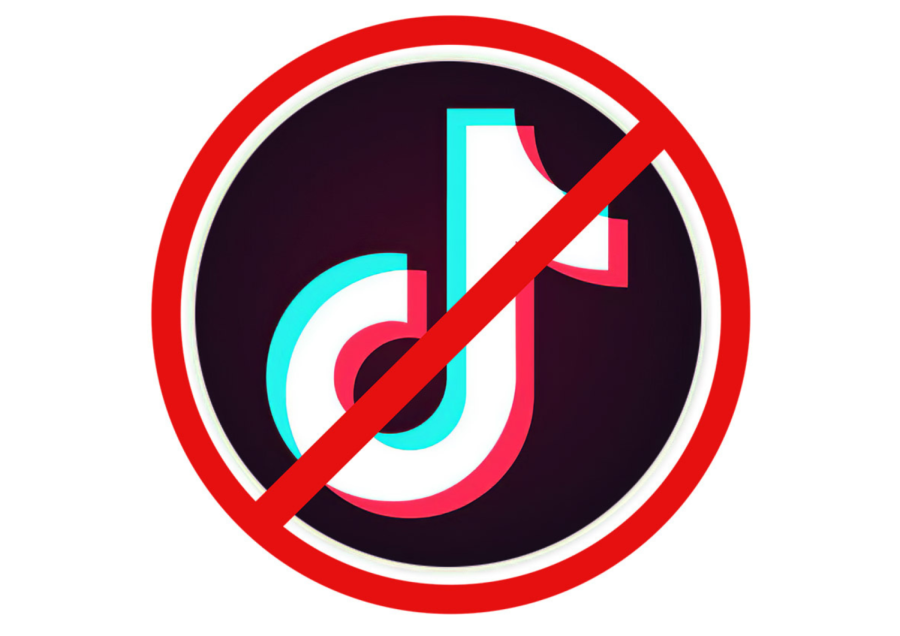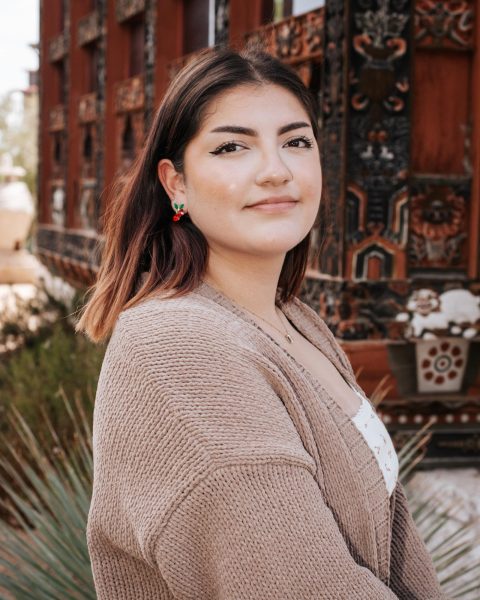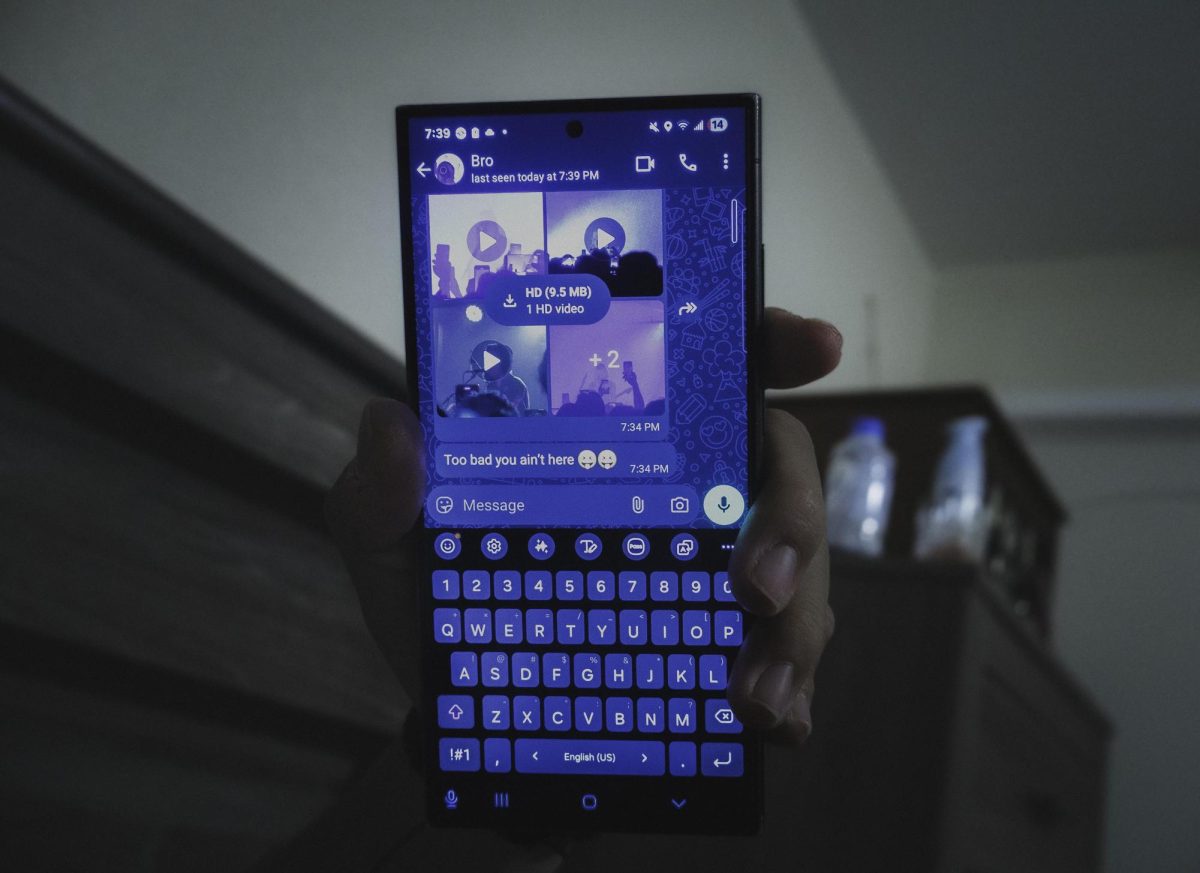TikTok is a social media platform where users can create and share short videos from 15 seconds to 10 minutes. The app has become very popular worldwide, especially among young people. However, it has faced controversy, mainly regarding privacy concerns and its ties to the Chinese government.
As of now, TikTok is still available in most countries, but its future remains uncertain in some regions due to ongoing security concerns. In the United States, TikTok faced several legal challenges related to data privacy and security concerns.
During a five-hour hearing, Mar. 23, TikTok’s CEO Shou Zi Chew faced the U.S. Congress regarding, online data and privacy concerns. Chew testified and shared all the company is doing to protect Americans while using the app and deliver their mission to inspire creativity and bring joy. The problem with this specific social media platform is mainly because of the distrust of China and cybersecurity.
“With a lot of respect: American social companies don’t have a great record with privacy and data security. I mean, look at Facebook and Cambridge Analytica,” Chew said.
After the hearing, TikTok’s CEO made some of the agreed commitments public to ensure security to all American users.
The company will keep safety a top priority, protect data from unauthorized foreign access, American data will be stored on American soil, by an American company, overseen by American personnel; ensure that TikTok remains a platform that cannot be manipulated by any government, and provide access to third party independent monitors to keep the company accountable for their commitments.
Some UTEP students are concerned about the possible banning of their favorite social media platform.
“I think that, like everything, TikTok has its pros and cons,” said UTEP student, Gretel Aldana. “I honestly think TikTok can help in some aspects, like easy and accessible content and business’ marketing, but it also can do some damage (to) mental health. I like the platform and millions of other people do too, so I don’t think banning it is a good idea.”
According to Chew, more than 150 million Americans are on TikTok, including 5 million small to medium businesses. Banning the social media platform could create economic problems for hose people. Apart from financial aspects, people use TikTok to express and share their thoughts, ideas, creativity, and more. Taking the platform away is also taking away a free space where everyone can be their own selves.
“I really like TikTok, it’s a platform that allows me to express myself and share things I like to others,” said UTEP student, Daniela Lomeli. “It also makes me feel more connected to my friends and family since I always send some TikToks to have a laugh with them. If the country bans TikTok, it would damage many people, from business to students and friends.”
After the U.S. government reached an agreement, even though hesitant, it is our turn to prevent the ban of TikTok. Like every other social media platform, TikTok has its disadvantages and negatives, but it is the community’s power to maintain peace and safety as priority in a free space like this platform is.
Angelica Gutierrez is a contributor and may be reached at [email protected].edu











